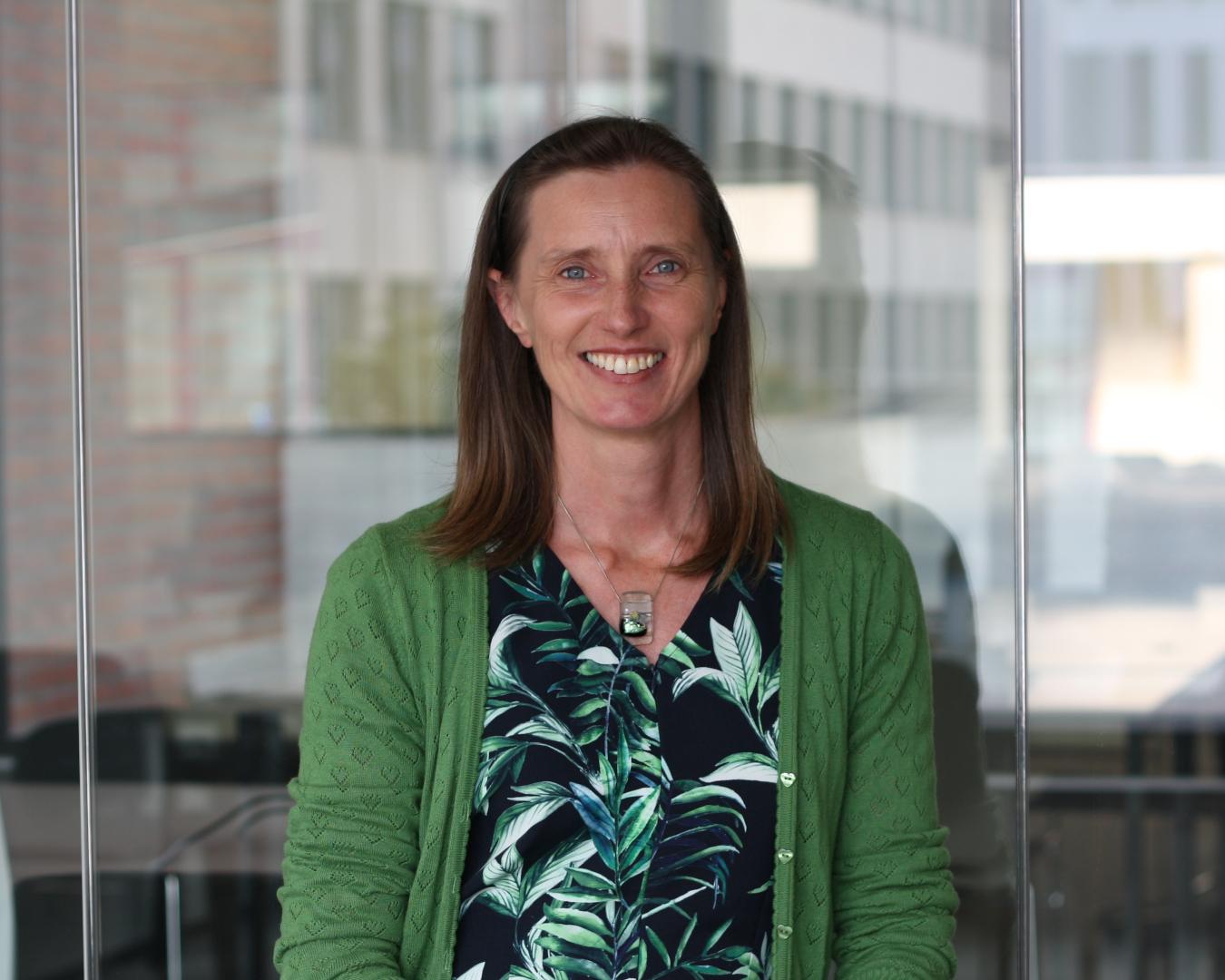We work on more than 300 projects every year.
Research for the European Parliament’s Committee on Culture and Education (CULT) on EU culture and creative sectors policy
Isabelle De Voldere
Last month, our study for the European Parliament’s Committee on Culture and Education (CULT Committee) on the current state and future outlook of EU culture and creative sectors policy, was published. The study identifies key developments in EU cultural and creative sectors (CCS) policy over the last five years, anticipates future challenges and concludes with an outline of strategic policy recommendations for the CULT Committee’s agenda in the upcoming 2024-2029 parliamentary term.
For this study, IDEA Consult colleagues Isabelle De Voldere, Eva De Smedt, and Tille Peters collaborated with researchers from imec-VUB-SMIT, KULeuven-CiTiP, and experts Sylvia Amann (Inforelais) and Joost Heinsius (Values of Culture & Creativity).
Challenge
The CULT Committee is one of the specialised standing committees of the European Parliament. The role of the CULT Committee is to shape legislative proposals and oversee EU culture and creative sectors policy (EU CCS policy). The aim of the study is to provide the members of the newly elected CULT Committee with a comprehensive overview and understanding of the main issues to deal with in the upcoming parliamentary term in the area of EU culture and creative sectors policy. The study concludes with a number of policy options for the CULT members to consider in the coming years.
Approach & results
For this study, the research team combined an extensive literature review with methodologies originating from the academic field of Future Studies — horizon scanning, strategic conversations, futures triangle — to explore future trends in CCS and identify main drivers and barriers for cultural and creative sectors in Europe to further develop.
2019-2024: addressing both unforeseen and structural challenges
During the 2019-2024 legislative term, the CCS faced significant disruptions, primarily due to the COVID-19 pandemic and the conflict in Ukraine, as well as structural challenges such as the digital and green transition. Both events prompted the EU to adapt its policies, focusing on sustainability (including with respect to working conditions), inclusiveness, and digital transformation. Key regulations like the Audiovisual Media Services Directive (AVMSD), Digital Services Act (DSA), and Digital Markets Act (DMA) were implemented to foster fair competition and protect media freedoms.
Despite these actions, long-standing issues within the CCS—such as precarious working conditions, short-term funding, and limited cross-sectoral collaboration—remain.
Barriers Holding Back CCS’ Integration in the European project
While the EU has recognized the CCS’s role in driving innovation and sustainable development, these sectors often lack the comprehensive support needed to fully unleash their transformative potential. The EU’s current policy frameworks do not fully integrate the CCS into its strategic vision, overlooking their potential to address broader societal challenges.
Key barriers holding back the CCS include outdated funding models, economic instability for CCS professionals, and limited opportunities for cross-sectoral partnerships. These obstacles prevent the CCS from contributing more significantly to the EU’s goals of creating inclusive and culturally rich societies.
Strategic Priorities for 2024-2029:
As the EU gears up for the 2024-2029 legislative term, the study identifies four strategic areas of change to unlock the full potential of the CCS:
1. Investing in CCS for Social Change: Integrating the CCS into larger EU transformation agendas will amplify their impact on society. Supporting storytelling and artistic expression can drive meaningful change across multiple sectors.
2. Strengthening CCS Ecosystems: Ensuring that professionals within the CCS have access to fair working conditions, sustainable funding, and a supportive innovation landscape is critical for resilience.
3. Creating Safe Spaces for Cultural Exchange: Establishing secure, inclusive physical and digital spaces for artistic expression will enhance cultural dialogue and protect creative interactions.
4. Improving Cooperative Governance: Better coordination between EU institutions and external partners can break down policy silos, maximize resources, and boost the impact of CCS initiatives.
The study results and the 33 policy recommendations were presented to the CULT Committee during the first parliamentary meeting on September 4th 2024.

